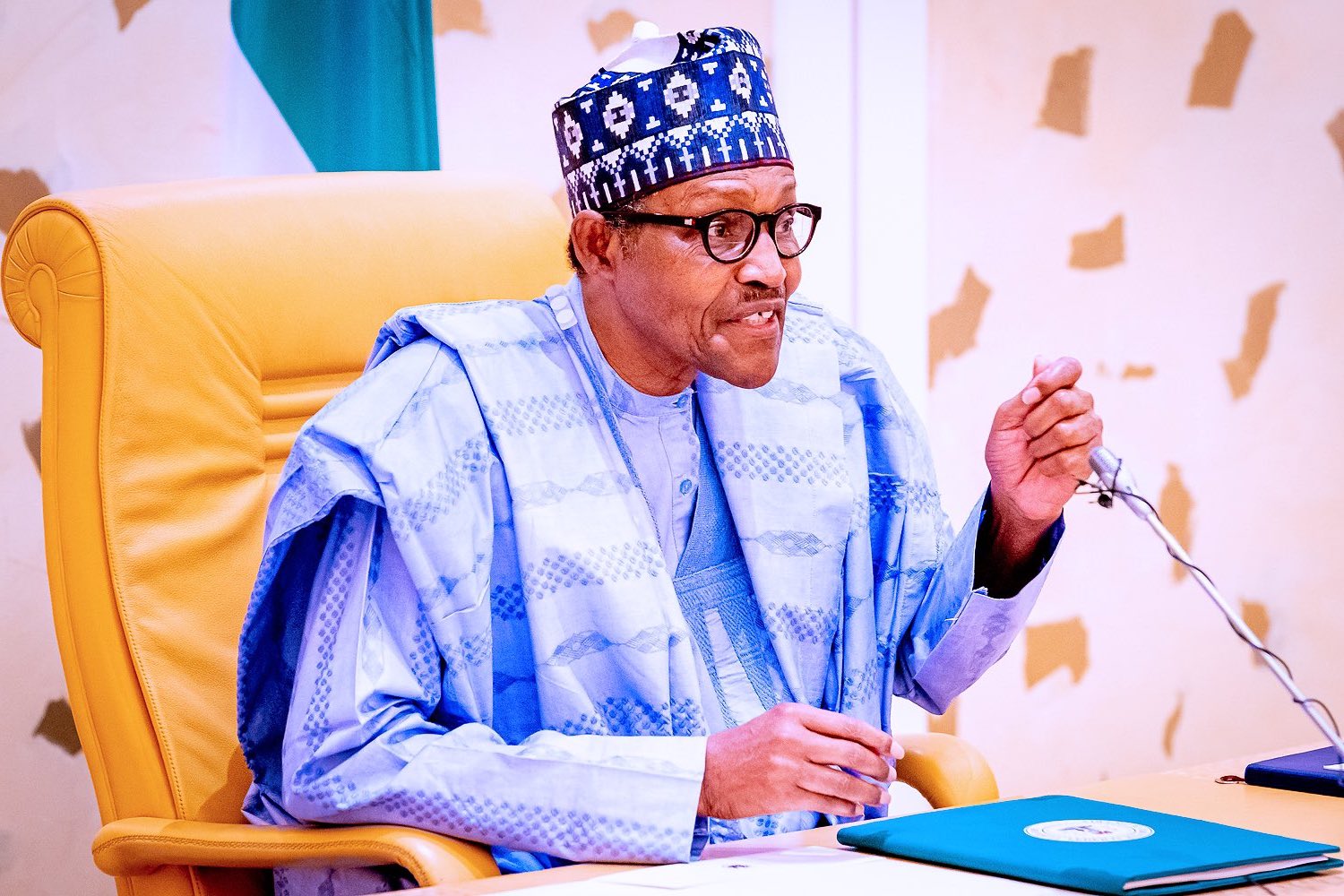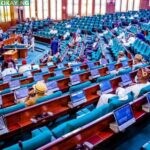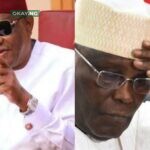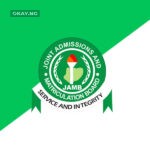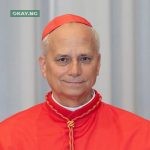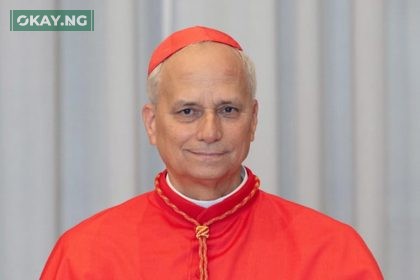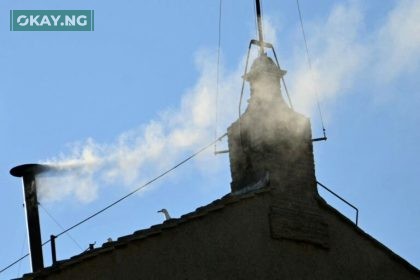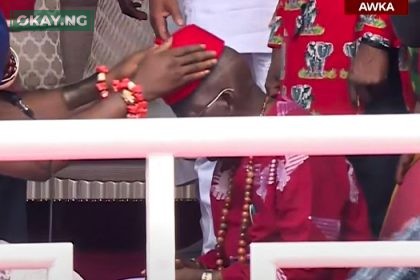Despite the difficulties presented by false information and hate speech, Okay.ng learnt that President Muhammadu Buhari stated on Monday that the globe must unite to safeguard free speech and uphold other important values.
This was said by President Buhari at the State House Conference Centre in Abuja at the inaugural session of the 11th edition of the UNESCO Global Media and Information Literacy Week.
The Week’s subject, “Nurturing Trust, a Media and Information Literacy Imperative,” focused on using MIL to address a critical component of national and human development that appears to be dwindling in the majority of nations throughout the world.
According to the President, trust is a crucial component of democracy and effective government. He added: “Without trust, our avowed pledge to fulfill our obligations as leaders will be hampered by the lack of commitment from the governed.”
Getting trustworthy information is a daily struggle in our communities, as President Buhari stated through his chief of staff, Prof. Ibrahim Gambari.
Misinformation is a clear and present hazard for those working in the media and other stakeholders in the industry.
“Misinformation has been used to escalate conflicts and crises, heighten insecurity, skew government initiatives, stoke citizen anxiety, and foster mistrust between governments and their peoples.
“With regard to social media use, which highlights its ability to mold, shape, and develop opinions, we may mention the following significant statistics: 3 out of every 5 individuals on the planet utilize social media, which is used by 59% of the global population.
Average daily use is projected to be at 2 hours 29 minutes, or roughly 149 minutes, or 31 minutes short of what it would take to sit down and watch two straight 90-minute football games.
“Over 70% of social media users are 13 years of age or older. Three of the top four social media platforms—Facebook, Whatsapp, and Instagram—are interactive websites.
In Nigeria, where there are roughly 220 million people, 37% of the population is under 34, and about 100 million people use the internet there, 32 million of them use social media,
With the aforementioned indicators, Buhari continued, “We fully know and are cognizant that technology and social media offer us virtually endless options that must be utilized, especially by the youth, to build the foundations of our society and our common values.”
“However, in order to combat the problems caused by the spread of disinformation and hate speech, we must work together to protect other principles that we hold dear while defending free expression”.
To protect the most vulnerable from harm, strengthen and enrich our communities, and, most importantly, strengthen trust and social cohesion by improving critical thinking skills to effectively assess the quality of information received and shared—which, in my opinion, is a key component of the MIL program this week—we must continue to work for a common standard that balances rights with responsibilities.
The President noted that the MIL has over the years shown to be a true tool in developing people’s and communities’ capabilities to learn, decode, educate, and use data and information effectively for the good of everyone.
In this context, he commended UNESCO and all significant players for their work in creating several projects and resources centered on the use of MIL to support the growth of trust and the eradication of mistrust.
He also applauded their efforts to build the Global MIL institutes and to promote MIL teaching and learning in both formal and informal institutions.
The use of MIL to promote a peaceful and united society where mutual trust and respect are the norm will continue to be supported by President Buhari’s administration, he promised.
“Our work with UNESCO and other partners has already inspired the establishment and promotion of MIL policies at all levels of government, as well as measures intended to aid citizens in learning and imbibing the skills of MIL,” he continued.
“To advance this aim, we encouraged the formation of the MIL Coalition of Nigeria (MILCON) in 2017, a coalition created to foster cooperation among stakeholders and facilitate coordination of initiatives on MIL in Nigeria.
Through its inclusion as a required course in the General Studies Education component of the Nigeria Certificate in Education Minimum Standards curriculum, these initiatives have allowed the UNESCO MIL to become mainstreamed and domesticated in the curricula of Nigerian colleges of education.
In his earlier remarks, Mr. Tawfik Jelasi, Assistant DG, Communication and Information sector, UNESC, spoke on behalf of Audrey Azoulay’s Director-General (DG), who pondered how to guarantee that information is kept as a public benefit.
She emphasized the importance of working with digital businesses, addressing both supply and demand issues, and educating platform users about media and information.
The director general of UNESCO advised people to verify the information’s sources before like and sharing, saying that the agency is launching an awareness campaign to incorporate these into the educational system.
She reaffirmed, “We need to take action right once to establish cyber space, a place truly for information for the general good.


